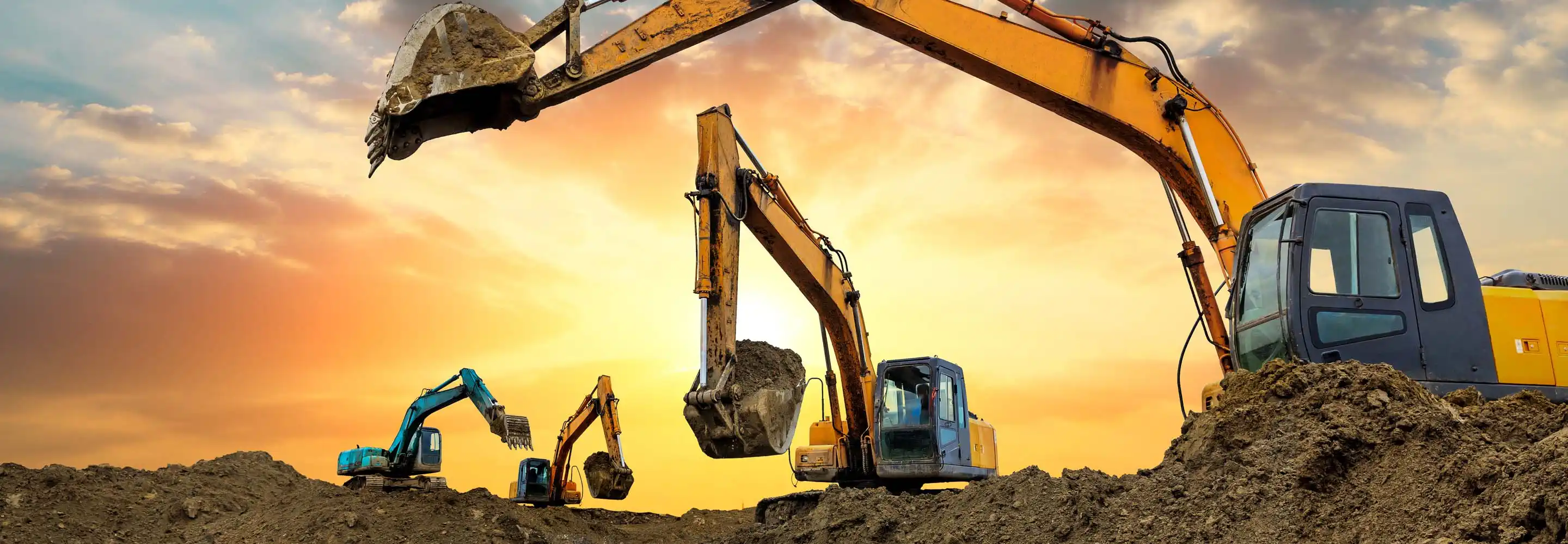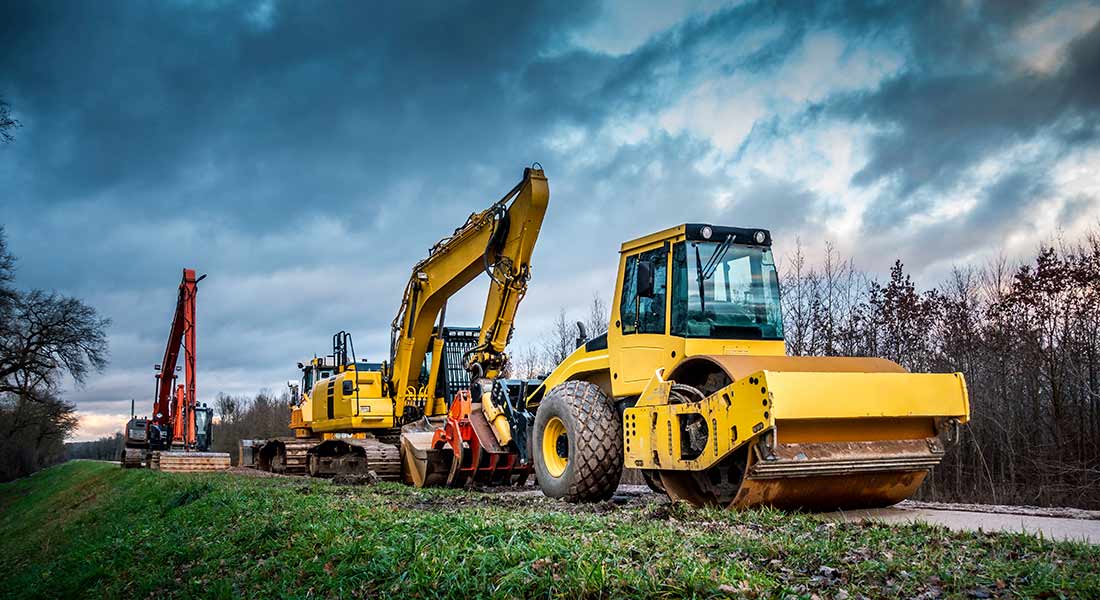Scissor Lift Rental in Tuscaloosa, AL: Safe and Efficient Lifting Solutions
Scissor Lift Rental in Tuscaloosa, AL: Safe and Efficient Lifting Solutions
Blog Article
Exploring the Financial Perks of Leasing Construction Devices Contrasted to Possessing It Long-Term
The decision between having and renting building equipment is crucial for monetary management in the sector. Leasing offers prompt price savings and operational adaptability, allowing firms to designate resources extra effectively. Comprehending these nuances is crucial, particularly when considering exactly how they align with specific job needs and economic methods.

Expense Comparison: Leasing Vs. Possessing
When evaluating the monetary effects of renting out versus possessing building and construction devices, a comprehensive cost contrast is vital for making notified decisions. The selection between possessing and leasing can significantly influence a business's profits, and recognizing the connected prices is important.
Renting building and construction tools usually includes reduced ahead of time prices, allowing companies to allocate capital to other functional requirements. Rental expenses can build up over time, possibly going beyond the expense of ownership if devices is required for an extended period.
On the other hand, possessing building and construction equipment needs a substantial preliminary investment, in addition to continuous expenses such as funding, insurance, and depreciation. While possession can lead to long-term savings, it also locks up resources and might not supply the exact same level of versatility as renting. Additionally, possessing tools requires a commitment to its utilization, which might not constantly line up with job demands.
Inevitably, the choice to possess or lease should be based upon a comprehensive evaluation of certain project demands, monetary capacity, and lasting calculated goals.

Maintenance Responsibilities and expenses
The choice between possessing and leasing building equipment not just entails monetary considerations but also incorporates continuous maintenance expenditures and duties. Having equipment calls for a considerable commitment to its maintenance, which consists of routine inspections, fixings, and prospective upgrades. These responsibilities can promptly collect, resulting in unanticipated expenses that can strain a spending plan.
In contrast, when renting devices, maintenance is typically the obligation of the rental company. This setup allows specialists to avoid the economic concern connected with deterioration, along with the logistical difficulties of organizing repair work. Rental arrangements frequently consist of arrangements for maintenance, indicating that contractors can concentrate on finishing projects instead than bothering with tools condition.
In addition, the diverse array of equipment offered for rental fee enables business to pick the current designs with innovative technology, which can improve performance and productivity - scissor lift rental in Tuscaloosa, AL. By going with services, businesses can prevent the long-lasting responsibility of equipment depreciation and the connected upkeep frustrations. Ultimately, examining upkeep expenditures and duties is important for making a notified choice concerning whether to own or rent out building devices, substantially influencing general job costs and functional performance

Devaluation Influence On Ownership

A considerable variable to consider in the decision to own construction equipment is the impact of depreciation on overall ownership costs. Depreciation represents the decline in value of the equipment over time, influenced by elements such as usage, damage, and advancements in modern technology. As devices ages, its market worth lessens, which can dramatically influence the proprietor's financial position when it comes time to market or trade the devices.
For building firms, this depreciation can translate to significant losses if the equipment is not made use of to its max capacity or if it ends up being out-of-date. Proprietors must account for devaluation in their financial forecasts, which can cause greater general costs contrasted to renting. In addition, the tax ramifications of depreciation can be complicated; while it may give some tax advantages, these are commonly offset by the truth of reduced resale value.
Inevitably, the concern of devaluation emphasizes the relevance of understanding the long-lasting economic commitment included in possessing building tools. Companies need to thoroughly review how typically they will certainly use the equipment and the prospective economic impact of depreciation to make an educated choice about ownership versus leasing.
Economic Flexibility of Renting
Leasing building tools offers considerable monetary adaptability, permitting companies to assign sources much more successfully. This adaptability is particularly important in a market identified by rising and fall project demands and varying workloads. By opting read here to rent out, organizations can avoid the substantial capital outlay needed for purchasing equipment, preserving capital for various other functional demands.
In addition, renting out tools Read Full Report makes it possible for firms to customize their devices options to particular job requirements without the long-term commitment connected with ownership. This implies that companies can easily scale their tools supply up or down based on awaited and existing job needs. Subsequently, this adaptability lowers the threat of over-investment in equipment that may become underutilized or out-of-date gradually.
Another economic benefit of renting is the possibility for tax obligation benefits. Rental payments are often considered operating budget, enabling for immediate tax obligation deductions, unlike devaluation on owned equipment, which is spread out over several years. scissor lift rental in Tuscaloosa, AL. This prompt cost recognition can better enhance a firm's money position
Long-Term Job Considerations
When evaluating the lasting needs of a building and construction service, the decision between renting and possessing equipment comes to be more complicated. Key aspects to consider include task duration, frequency of usage, and the nature of upcoming tasks. For tasks with prolonged timelines, acquiring equipment may appear beneficial as a result of the possibility for lower general prices. Nonetheless, if the equipment will not be used consistently across jobs, possessing might lead to underutilization and unnecessary expense on insurance, storage, and maintenance.
In addition, technical developments present a significant consideration. The construction industry is developing rapidly, with brand-new tools offering boosted effectiveness and security functions. Renting out permits firms to access the most up to date innovation without dedicating to the high upfront costs connected with investing in. This adaptability pop over here is especially useful for companies that handle diverse tasks needing different kinds of devices.
Furthermore, monetary stability plays a crucial duty. Having tools typically entails considerable capital investment and devaluation issues, while renting out allows for even more foreseeable budgeting and cash money circulation. Eventually, the selection between owning and leasing should be lined up with the critical objectives of the building organization, thinking about both expected and existing project demands.
Final Thought
To conclude, renting building tools offers substantial monetary benefits over lasting ownership. The lessened upfront costs, elimination of maintenance obligations, and avoidance of devaluation contribute to improved capital and economic flexibility. scissor lift rental in Tuscaloosa, AL. Additionally, rental repayments offer as prompt tax obligation reductions, better benefiting specialists. Eventually, the choice to lease instead than very own aligns with the vibrant nature of construction projects, permitting adaptability and access to the current devices without the monetary problems related to possession.
As devices ages, its market value diminishes, which can dramatically impact the owner's monetary position when it comes time to trade the tools or offer.
Renting construction tools uses considerable financial adaptability, permitting business to designate resources more successfully.Furthermore, renting tools allows companies to customize their devices selections to details job requirements without the lasting commitment associated with possession.In final thought, renting building and construction devices offers significant monetary benefits over long-lasting possession. Eventually, the decision to rent out rather than very own aligns with the dynamic nature of building and construction projects, permitting for versatility and accessibility to the latest devices without the economic concerns linked with ownership.
Report this page